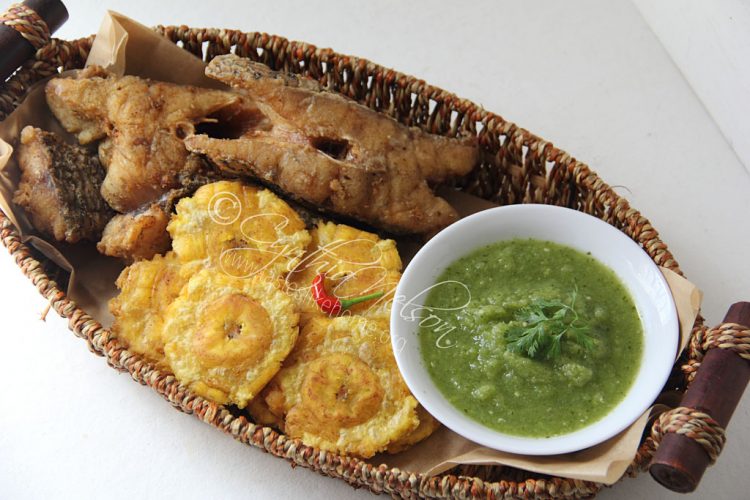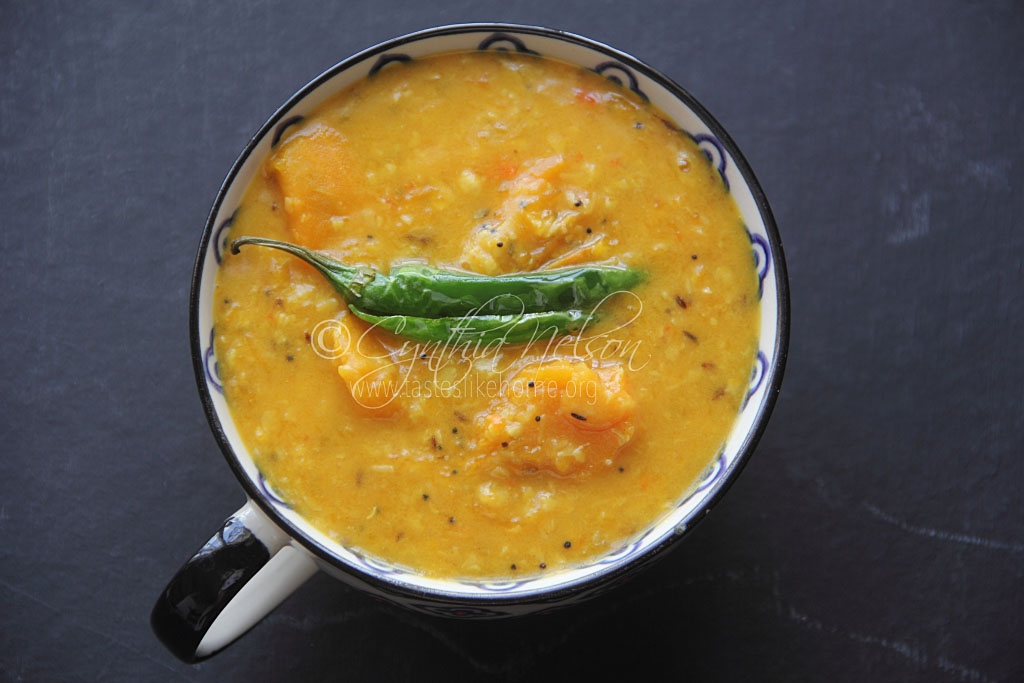
Before I go on let me just say (repeat myself really), that I believe that food and drink choices during Lent, specifically those in which there is a reduction in the quantity and frequency of consumption, should be given consideration as lifestyle choices. Think about it. The benefits you would have derived during the 40 days can continue long after the season is over with the aim of improving your overall health.

I am off of my soapbox now.
Consider the weekday-weekend approach to food with weekday food being things that you can quickly put together. And when we think of those things, we think of quick-cooking ingredients like vegetables, seafood, eggs and ground meats. Rice, pasta and ground provisions are fast cooks too. The time it takes for the water to boil and the starches to cook you could be preparing whatever you are planning to accompany them. Please understand that this is not a compromise on taste. Think about it.
Another idea could be that you are a weekday vegetarian and a weekend meat eater. With this approach, you increase your intake of plant-based food. Think about it.
Look to the varied cuisine that is ours, and the region for ideas. Use it as an opportunity to try different things, familiar ingredients in different ways and to taste flavours. For example, stewed peas with dumplings, or Callaloo, the very famous Trinbagonian dish comprising eddo leaves (dasheen bush), pumpkin, and okra all cooked in coconut milk with herbs. The addition of salt meat or crab is optional. In our own cuisine, consider foo-foo that can be eaten with a lavish stew or curry made on the weekend. Staying with ground provisions, a boil ‘n fry is a filling dish; you can make it with one ground provision or a combination, including plantains and breadfruit. Topping the boil ‘n fry with some fresh or canned fish (sardines, tuna, salmon) sauteed with onions, herbs and hot pepper completes the meal. Or opt for eggs. Think about it.
Adjust your approach to cooking dhal by making it a thick-like soup that you eat on its own topped with sauteed vegetables or even some leftover meat from your weekend cooking. Try making the dhal with different types of peas/beans or a combination thereof. Something I like to do is use the 10-bean packet of beans recommended for stews, to make dhal. A personal favourite is one of my creations – pumpkin dhal cooked with fresh coconut milk. Think about it.
Here’s how to make the pumpkin dhal with coconut milk.
Start by sautéing finely minced onions, tomatoes and ginger until softened (skip the tomatoes if you do not have). Add some ground turmeric, season everything with salt to taste and cook until the rawness of the turmeric dissipates, about 3 minutes. Cut the pumpkin in big chunks and add it to the pot along with red lentils. Stir to mix and then pour in enough fresh coconut milk to cook the dhal. No water is added to this dhal. Season lightly with salt. Drop in a few whole mai wiri peppers or a whole large pepper, if using. Stir everything together and bring to a boil (be sure to skim off the froth). When the pot comes to a boil, reduce the heat to a simmer and cook for 20 minutes. Meanwhile, thinly slice garlic and assemble some whole jeera and black/brown mustard seeds (these are optional if you do not have) for the tadka (to chunkay the dhal).
Depending on how pulpy you want things – fish out a few pieces of the pumpkin, and then using a dhal gutney, puree the mixture to your desired consistency. Taste for seasoning – salt and adjust. Add back the pumpkin you removed, put a lid on the pot and let it continue to simmer. Heat oil in a small frying pan or a metal ladle until very hot; add mustard seeds if using, as soon as they begin to pop, add the jeera, cook for 30 seconds and then add the garlic. Cook until the garlic just starts to get brown, do not let it burn. Carefully pour the hot seasoned oil over the dhal, and then give the pot a good stir to incorporate the tadka (seasoned oil). Remove from heat and let sit for 15 minutes before stirring and serving.
Rice is a staple for us. Instead of cooking rice and vegetables separately, cook them together in the style of a pilaf and enjoy them in a different way. Ochroe (okra), pumpkin, spinach (any kind including pak choi), broccoli, butternut squash and carrots are perfect vegetables for this type of pilaf. Eat the pilaf with fish cooked any way you like – fried, pan-seared etc. Think about it.
Whether you fast, eat more fish and vegetables, abstain or reduce your intake of certain food and beverages, consider whether you might be able to sustain it long after Lent is over.
Cynthia
cynthia@tasteslikehome.org





